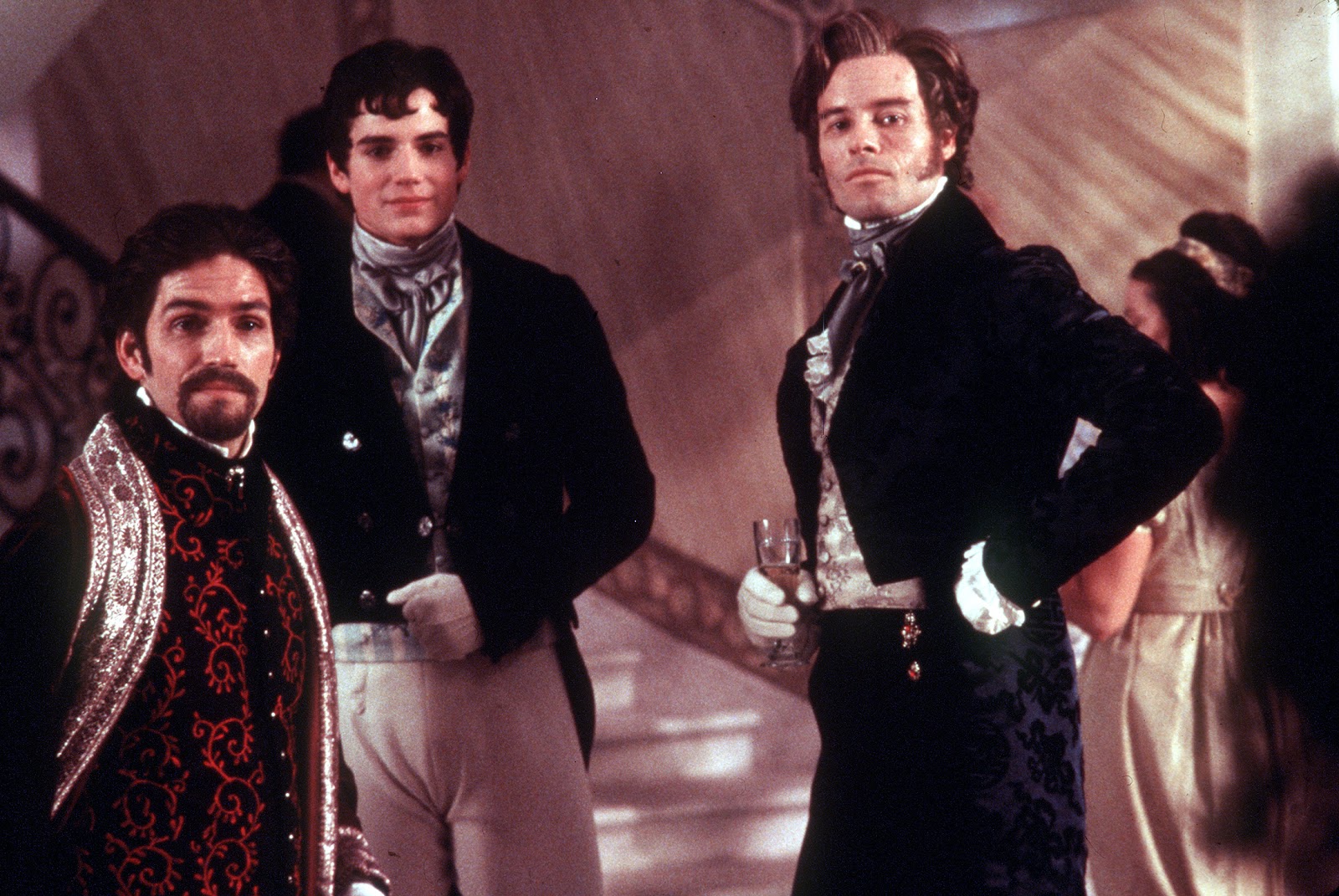The Count Of Monte Cristo: A Review For Modern Audiences

Table of Contents
A Timeless Tale of Revenge and Justice
The central theme of The Count of Monte Cristo revolves around revenge, a potent force that drives the narrative. Edmond Dantès's quest for retribution, fueled by betrayal and wrongful imprisonment, is a compelling exploration of human nature. But Dumas masterfully presents the moral complexities of Edmond's actions, forcing readers to question the ethical boundaries of revenge.
- The allure of revenge in popular culture: Revenge narratives remain ubiquitous in modern media, from blockbuster films to popular television shows. Edmond's journey reflects this enduring fascination with the concept.
- The ethical dilemmas surrounding revenge: Edmond's meticulously planned acts of revenge raise crucial ethical questions. Is revenge ever justified? Does it truly bring peace or only perpetuate a cycle of violence? Dumas doesn't provide easy answers, making the novel a rich source of moral debate.
- Comparing Edmond's actions to modern portrayals of revenge: While modern depictions often sensationalize revenge, The Count of Monte Cristo provides a nuanced exploration, showcasing the psychological toll and unforeseen consequences of Edmond's actions. He is not simply a hero, but a complex character grappling with the weight of his choices.
Intriguing Characters and Compelling Narrative
The novel boasts a cast of richly developed characters. Edmond Dantès's transformation from a naive sailor to a cunning mastermind is a captivating journey. Fernand Mondego, the jealous rival driven by ambition, and Mercédès, torn between her past and present, are equally compelling figures.
- Character development and motivations: Dumas expertly crafts characters with nuanced motivations, revealing their strengths and weaknesses. We understand their actions, even when we don't condone them.
- The effectiveness of the plot structure: The intricate plot, filled with twists, turns, and dramatic reveals, keeps readers hooked from beginning to end. The meticulous planning and execution of Edmond's revenge are brilliantly crafted.
- Comparisons to modern storytelling techniques: While the novel predates modern storytelling conventions, its captivating narrative and well-developed characters stand the test of time, showcasing the enduring power of classic storytelling techniques.
Themes of Betrayal, Forgiveness, and Redemption
Beyond revenge, The Count of Monte Cristo explores the profound psychological impact of betrayal, imprisonment, and the possibility of forgiveness and redemption. Edmond's journey is not solely about revenge; it's also a testament to the human capacity for resilience and the enduring search for justice.
- The significance of forgiveness in the narrative: While Edmond seeks revenge, the novel also subtly hints at the transformative power of forgiveness. Certain characters find redemption through acts of compassion, providing a counterpoint to Edmond's relentless pursuit of vengeance.
- The psychological toll of betrayal and revenge: The novel vividly portrays the psychological damage inflicted by betrayal and the consuming nature of revenge. Edmond's transformation illustrates the devastating consequences of these powerful emotions.
- The concept of redemption and its modern interpretations: The concept of redemption, a central theme, remains relevant today. Edmond's journey ultimately prompts reflection on the possibility of finding peace and restoring one's life after experiencing profound loss and suffering.
Relevance to Modern Audiences: Power, Wealth, and Social Injustice
The Count of Monte Cristo isn't just a thrilling adventure; it's a powerful social commentary. The novel's exploration of power, wealth, and social injustice remains strikingly relevant in our contemporary world. Dumas exposes the corrupting influence of power and the inequalities inherent in societal structures.
- The enduring relevance of social injustice: The novel's depiction of social injustice – the manipulation of the legal system, the abuse of power by the wealthy and influential – continues to resonate in our society.
- The abuse of power and wealth in contemporary society: Dumas's critique of the abuse of power and wealth serves as a timeless warning against unchecked ambition and corruption.
- Comparison to modern political and social issues: The novel’s themes of political intrigue, social inequality, and the fight for justice can be easily paralleled with contemporary political and social issues.
Conclusion: Rediscovering The Count of Monte Cristo for a New Generation
The Count of Monte Cristo transcends its historical setting. Its exploration of revenge, justice, and redemption, coupled with its compelling characters and intricate plot, makes it a timeless tale. The novel's powerful social commentary on power, wealth, and social injustice remains strikingly relevant to modern audiences. It’s a story that sparks reflection on the human condition, the complexities of morality, and the enduring pursuit of justice. Dive into the captivating world of The Count of Monte Cristo and discover why this classic tale continues to resonate with modern audiences. Read it today!

Featured Posts
-
 Teddy Magics Semi Final Exit Itv Britains Got Talent Update
May 05, 2025
Teddy Magics Semi Final Exit Itv Britains Got Talent Update
May 05, 2025 -
 Sydney Sweeney Shows Off Cleavage After Split From Jonathan Davino
May 05, 2025
Sydney Sweeney Shows Off Cleavage After Split From Jonathan Davino
May 05, 2025 -
 Brian Tee Returns To Chicago Med Season 10 Episode 14
May 05, 2025
Brian Tee Returns To Chicago Med Season 10 Episode 14
May 05, 2025 -
 Chinas Automotive Landscape A Deep Dive Into The Bmw And Porsche Situation
May 05, 2025
Chinas Automotive Landscape A Deep Dive Into The Bmw And Porsche Situation
May 05, 2025 -
 Canelo Alvarez Avoids Crawford Is Mexican Disrespect The Real Reason
May 05, 2025
Canelo Alvarez Avoids Crawford Is Mexican Disrespect The Real Reason
May 05, 2025
Latest Posts
-
 Canelo Alvarez Offers Jake Paul Post Engagement Relationship Advice
May 05, 2025
Canelo Alvarez Offers Jake Paul Post Engagement Relationship Advice
May 05, 2025 -
 Canelo Alvarezs Marriage Advice To Jake Paul After Engagement
May 05, 2025
Canelo Alvarezs Marriage Advice To Jake Paul After Engagement
May 05, 2025 -
 Canelo Crawford The Potential For A Massive Upset
May 05, 2025
Canelo Crawford The Potential For A Massive Upset
May 05, 2025 -
 Canelo Vs Crawford Predicting The Upset
May 05, 2025
Canelo Vs Crawford Predicting The Upset
May 05, 2025 -
 Eubank Jr My Fight With Benn Bigger Than Any Canelo Matchup
May 05, 2025
Eubank Jr My Fight With Benn Bigger Than Any Canelo Matchup
May 05, 2025
